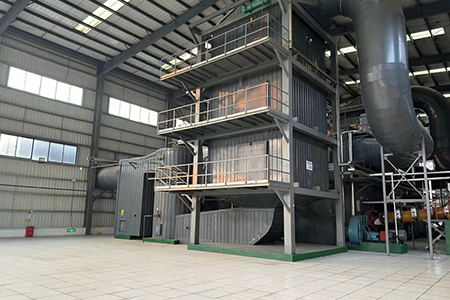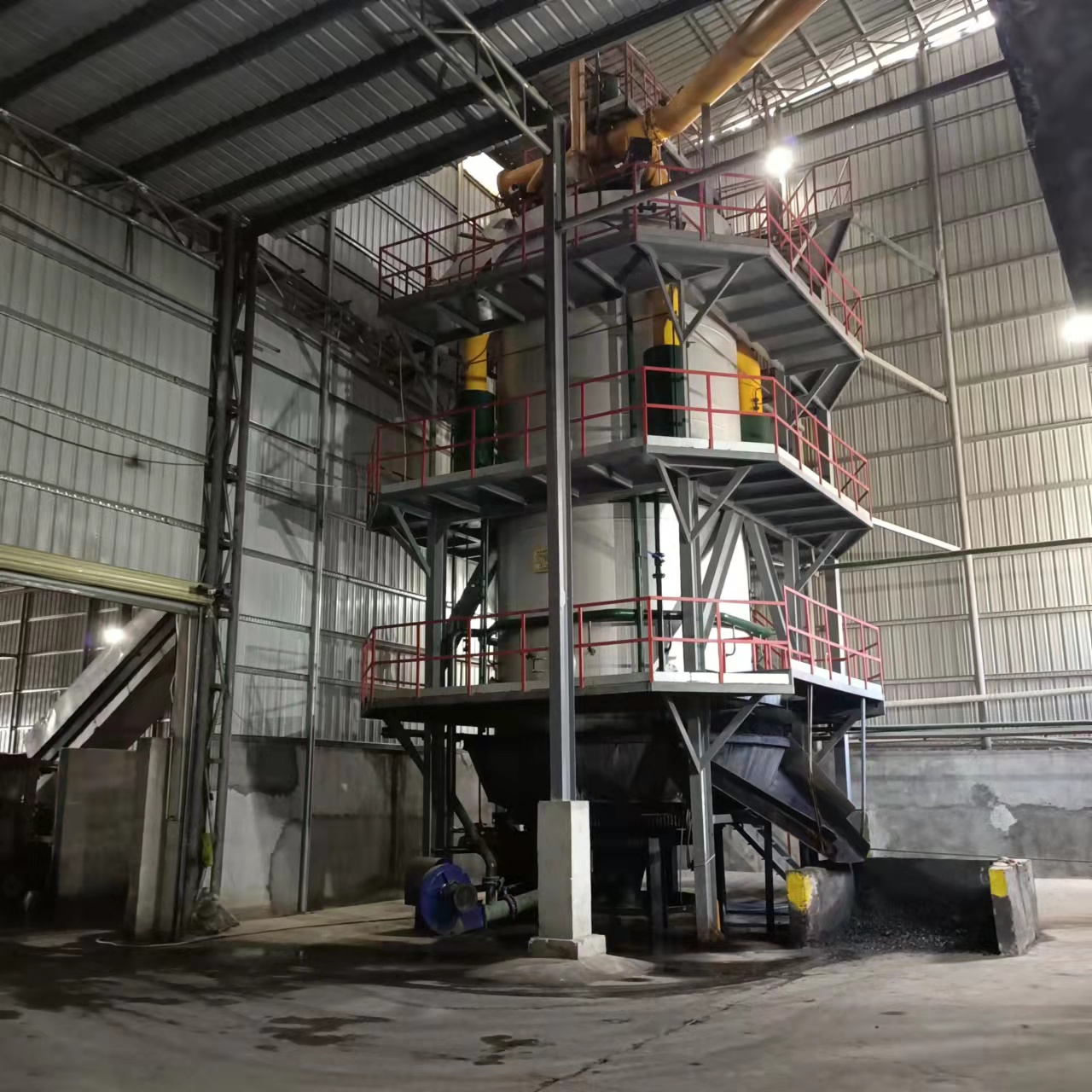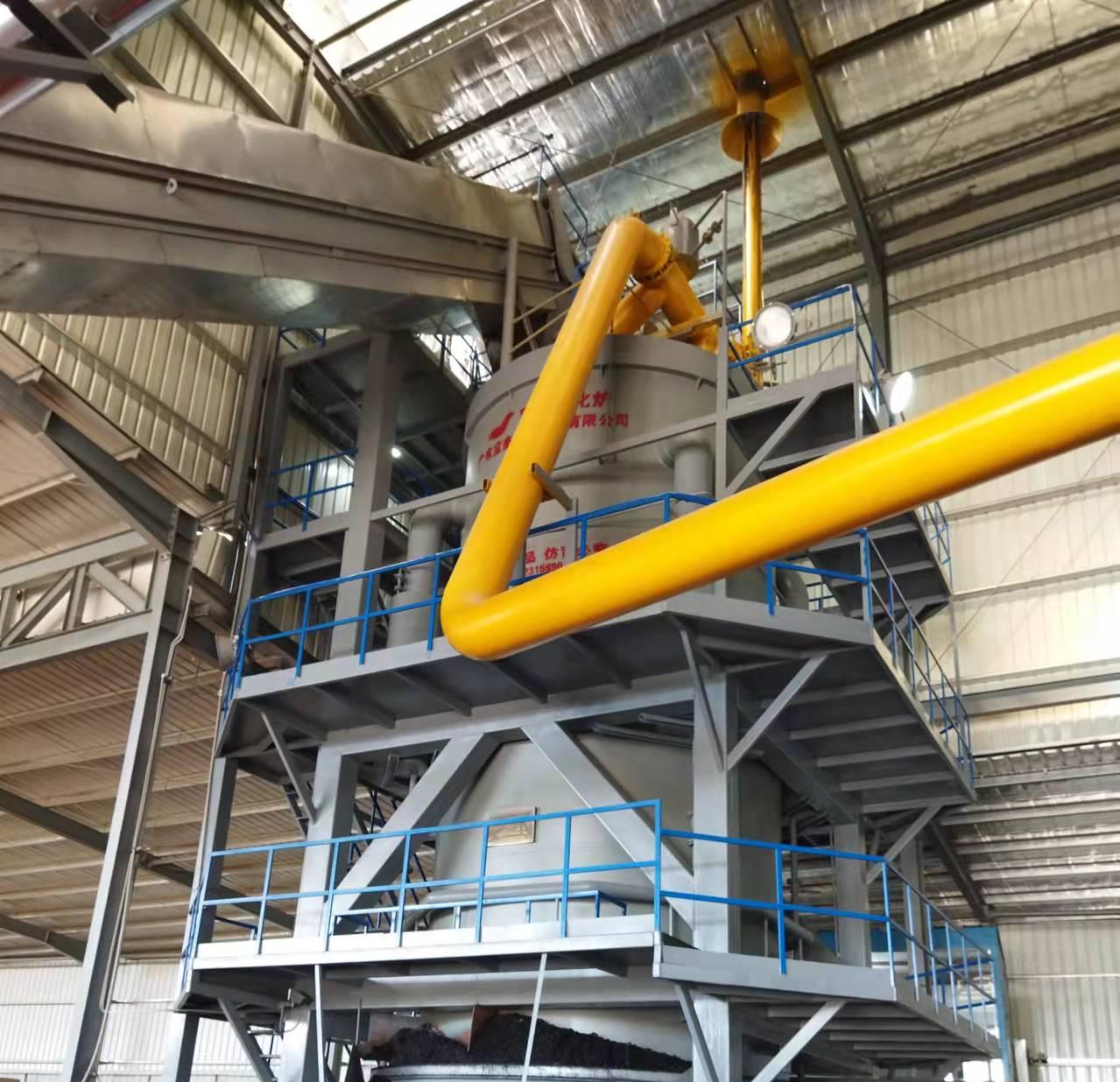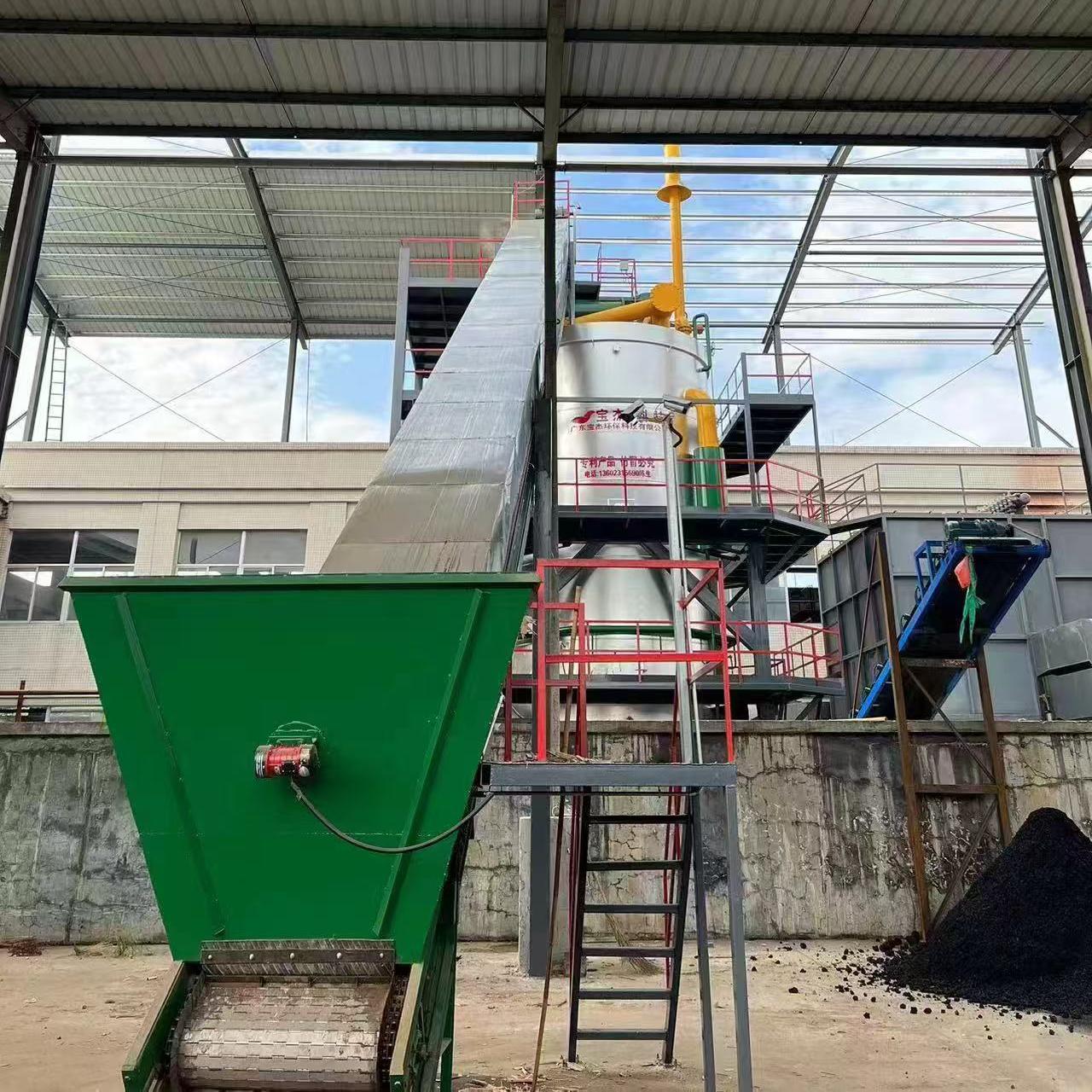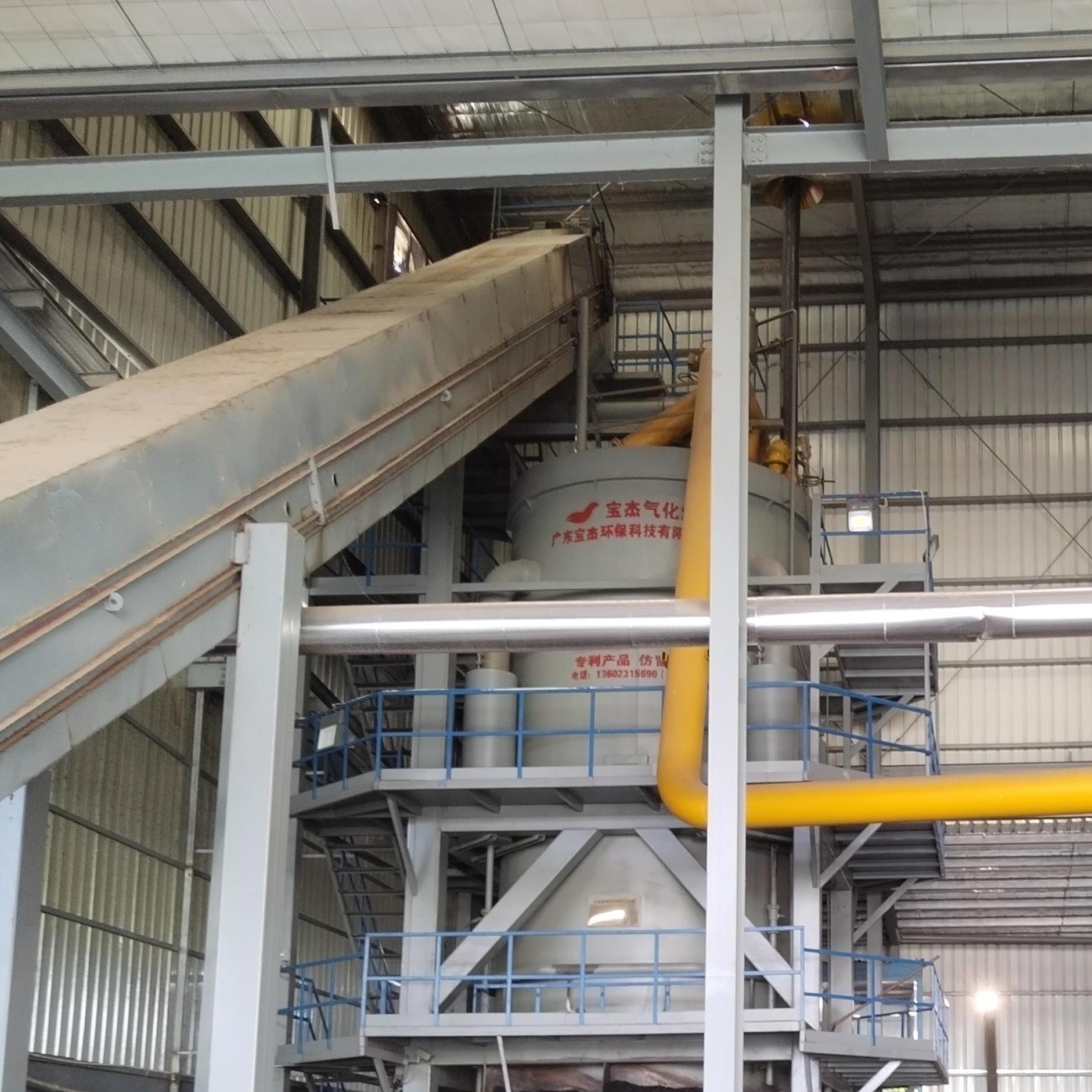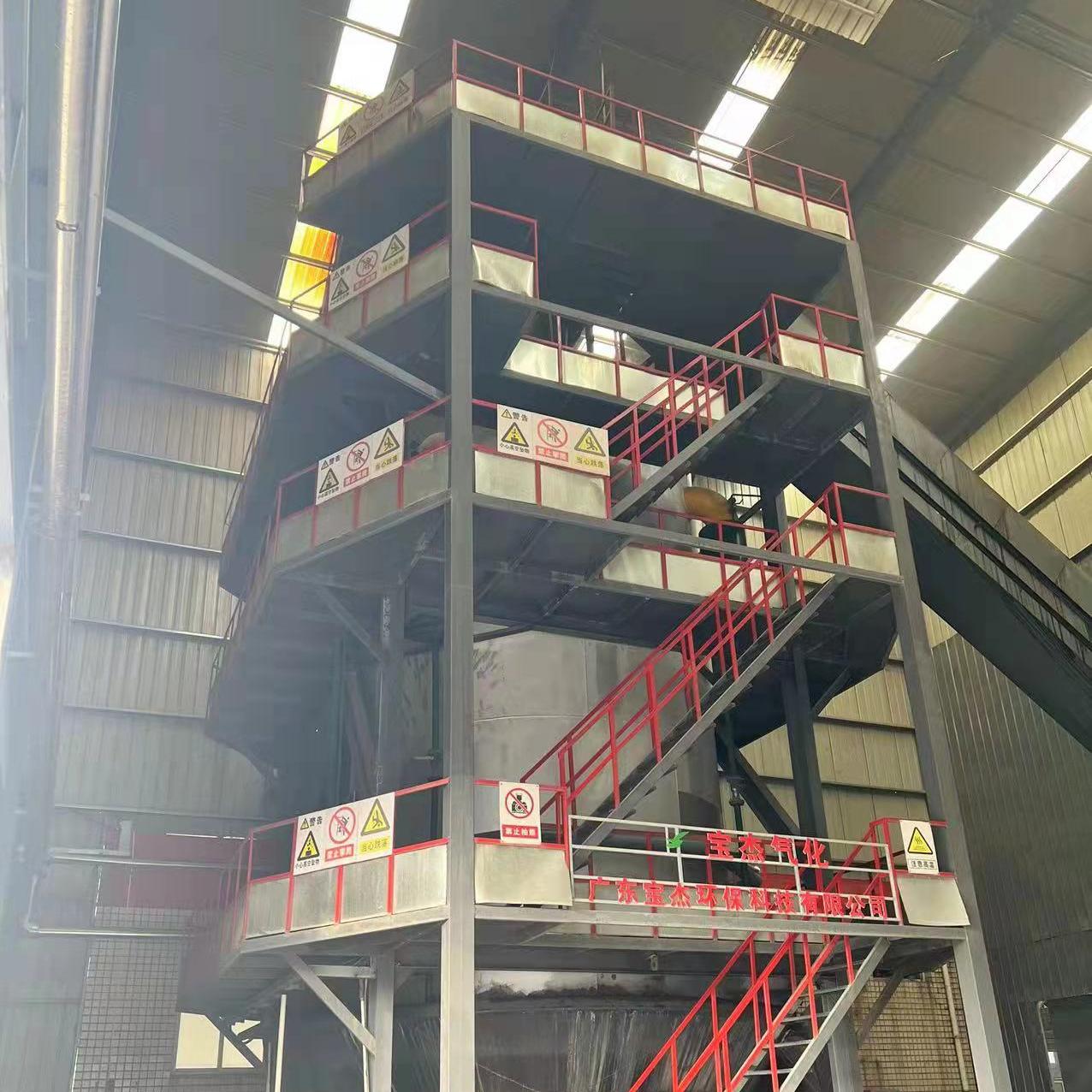R&D and manufacture of biomass gasification equipment, environmental protection equipment, boiler equipment, investment in heating (steam) energy operation and management.
Tel:+86 0769-82928980
E-mail:[email protected]
Web Menu
Product Search
Exit Menu
Industry News
Biomass gas boiler: efficient use of green energy
Biomass gas boiler is a device that uses biomass fuel for combustion or gasification to generate heat and electricity. As a clean and renewable energy solution, this boiler is rapidly becoming an environmentally friendly alternative to traditional fossil fuel boilers. With the global energy crisis and the increasing awareness of environmental protection, the application of biomass gas boilers is becoming more and more extensive, especially in the fields of industrial and household heating.
The core of the biomass gas boiler is to convert biomass fuels (such as wood chips, straw, crop residues, etc.) into heat or gas for heating or power generation through the combustion or gasification. The operating principle of this boiler includes two main ways:
Biomass fuel is directly burned in the boiler to produce high-temperature flue gas, which heats the water in the boiler and converts the water into steam. This steam can be used for heating or power generation.

Biomass fuel decomposes into combustible gas under oxygen-deficient conditions, the main components of which are hydrogen, carbon monoxide and methane. The generated biomass gas is burned in the gas boiler to generate heat energy.
Compared with traditional fossil fuel boilers, biomass gas boilers have greatly reduced carbon emissions, because the carbon dioxide released by burning biomass is equivalent to the carbon dioxide absorbed during plant growth, achieving "carbon neutrality".
Biomass gas boilers use renewable biomass resources as fuel, significantly reducing dependence on non-renewable energy such as oil, natural gas and coal. Compared with traditional coal-fired boilers, biomass gas boilers have significantly reduced carbon dioxide, sulfur oxides and nitrogen oxides emissions, effectively reducing air pollution and greenhouse gas emissions, and promoting the mitigation of global climate change.
Biomass fuels come from a wide range of sources, including crop residues, forestry waste, animal manure, etc., so biomass gas boilers can use local resources and reduce dependence on external energy. Especially in areas rich in agricultural and forestry resources, the use of biomass fuels can promote the sustainable development of the local economy.
Although the initial equipment investment of biomass gas boilers is relatively high, due to the low cost of biomass fuels and the wide and stable source of fuel, the economic benefits of long-term use are significant. In addition, some countries and regions also provide subsidies and preferential policies for biomass energy projects, further reducing the cost of use.
Biomass gas boilers use advanced combustion technology and pollutant control systems to achieve high combustion efficiency and low pollutant emissions. Compared with traditional boilers that directly burn biomass, gasification technology greatly improves fuel utilization and combustion stability, ensuring that the boiler operates efficiently while reducing environmental impact.
Biomass gas boilers are widely used in heating systems in the manufacturing industry. Many factories generate heat energy through the gasification and combustion of biomass fuels to provide high-temperature steam or hot water required for industrial production, especially in industries such as food processing, pulp and paper, and chemicals.
Biomass gas boilers are also an ideal choice for home heating systems. It can provide clean heat energy for residences, hotels, office buildings, etc., replacing traditional oil or gas boilers. Due to the renewability of biomass fuels, this heating method is more environmentally friendly and is favored by more and more consumers.
Biomass gas boilers can also be used for power generation, converting heat energy into electricity through steam turbines. This power generation method can not only reduce dependence on fossil energy, but also achieve local production of energy and reduce losses in power transmission.
With the growing global demand for green energy, biomass gas boilers have broad development prospects. Future technological innovations will further improve boiler combustion efficiency, reduce pollutant emissions, and increase the utilization rate of biomass fuels.
The government's policy support for renewable energy and the promotion of carbon emission trading mechanisms will also promote the application of biomass gas boilers in more fields. Especially in the context of energy shortage, biomass gas boilers, as a flexible and multifunctional energy solution, will play an important role in the adjustment of the global energy structure.
As an environmentally friendly and efficient energy utilization technology, biomass gas boilers can not only effectively reduce the consumption of fossil fuels, but also reduce carbon emissions, which is of great significance to improving environmental quality and achieving sustainable development. With the continuous advancement of technology and the promotion of policies, the application scope of biomass gas boilers will be wider and will occupy an important position in the future energy field.
Quick Links
Products
contact Us
 Tel: +86 0769-82928980
Tel: +86 0769-82928980 Fax: [email protected]
Fax: [email protected] E-mail: [email protected]
E-mail: [email protected] Company Address: Dalang Chamber of Commerce Building, No. 288 Yinlang South Road, Dalang Town, Dongguan City 13333, China
Company Address: Dalang Chamber of Commerce Building, No. 288 Yinlang South Road, Dalang Town, Dongguan City 13333, China Factory Add:
West side of Centre Road and south side of Zhongyuan Road within Hongcaoyuan, Hongcao Town, Shanwei Urban District
Factory Add:
West side of Centre Road and south side of Zhongyuan Road within Hongcaoyuan, Hongcao Town, Shanwei Urban District
Copyright© 2022 Guangdong Bao Jie Technology Co., Ltd.All Rights Reserved.


 EN
EN 